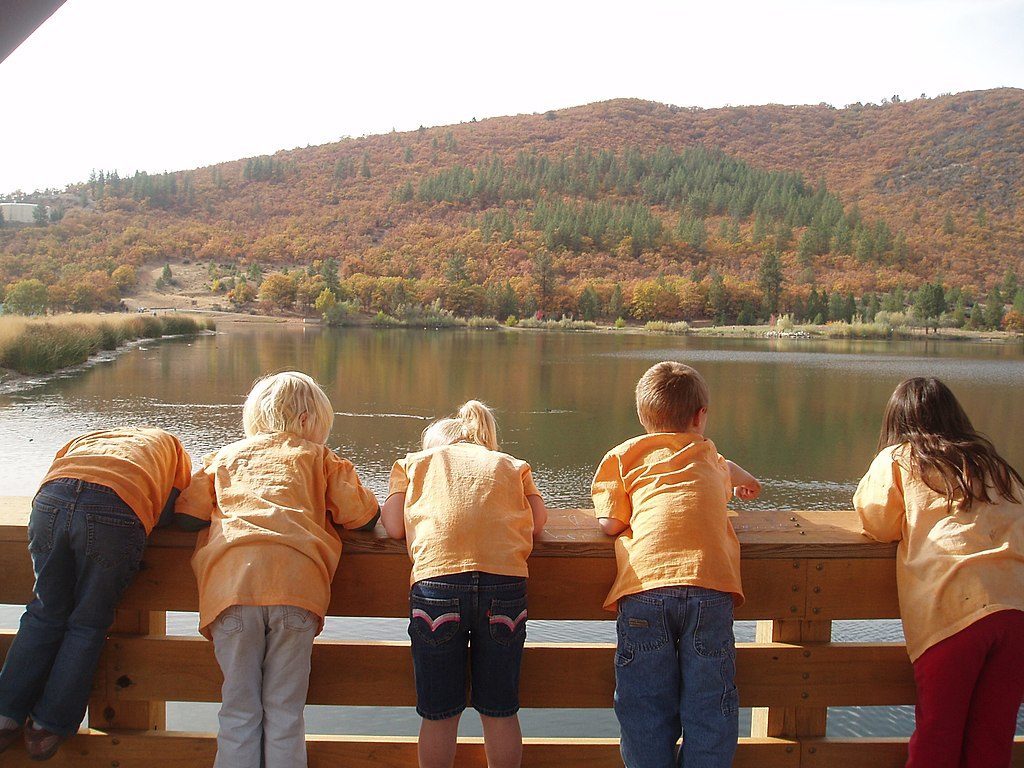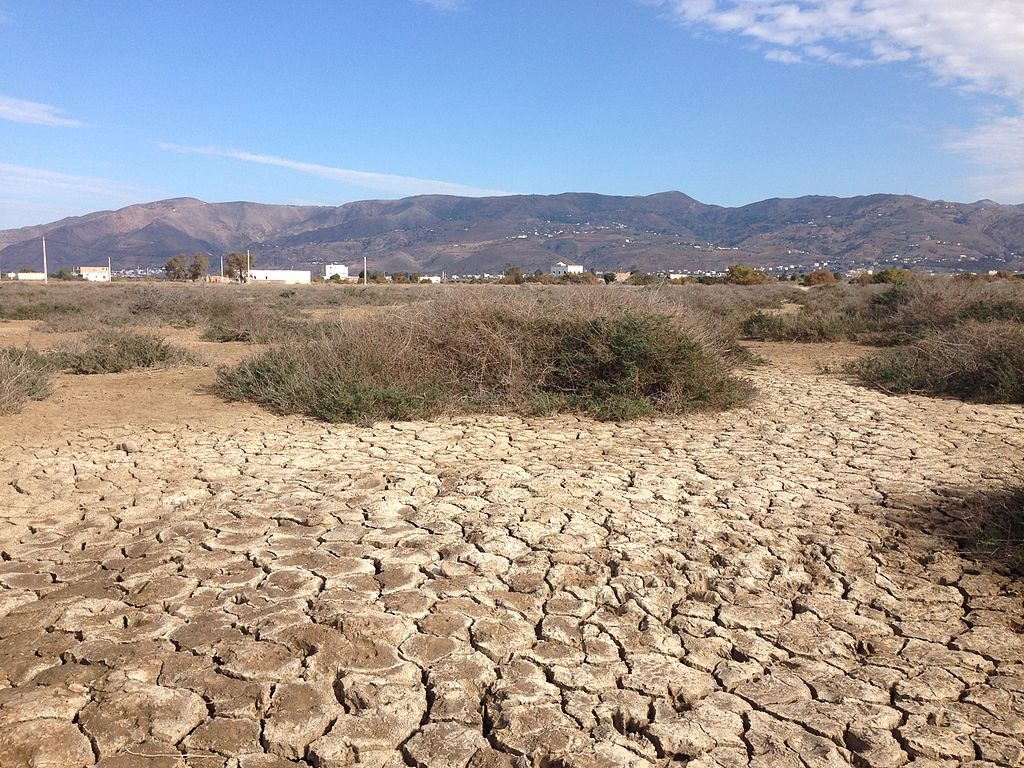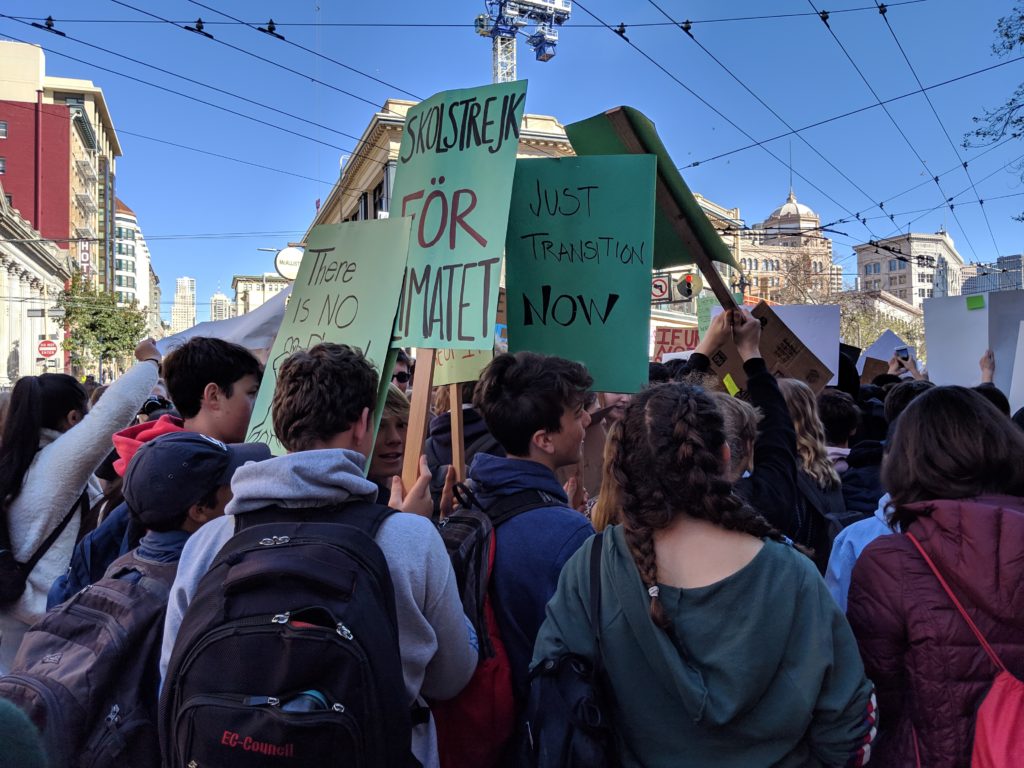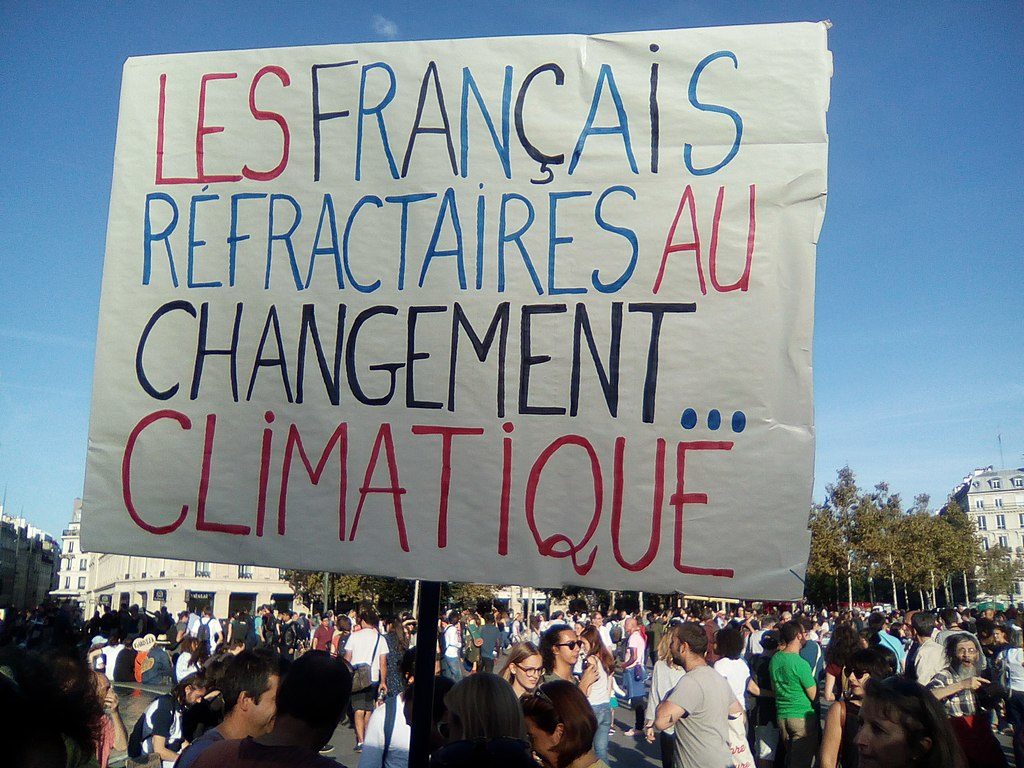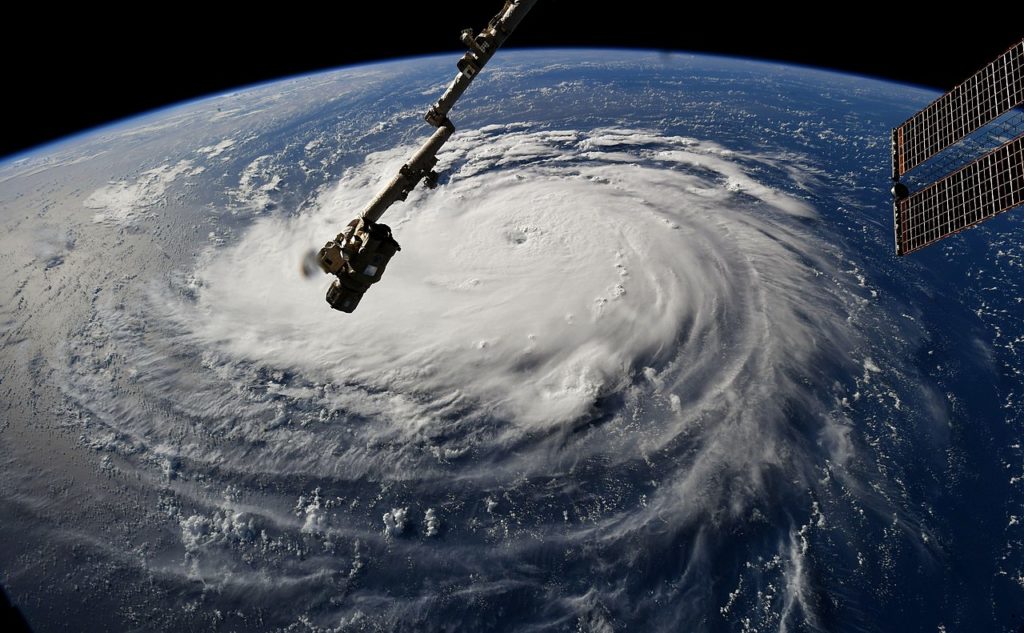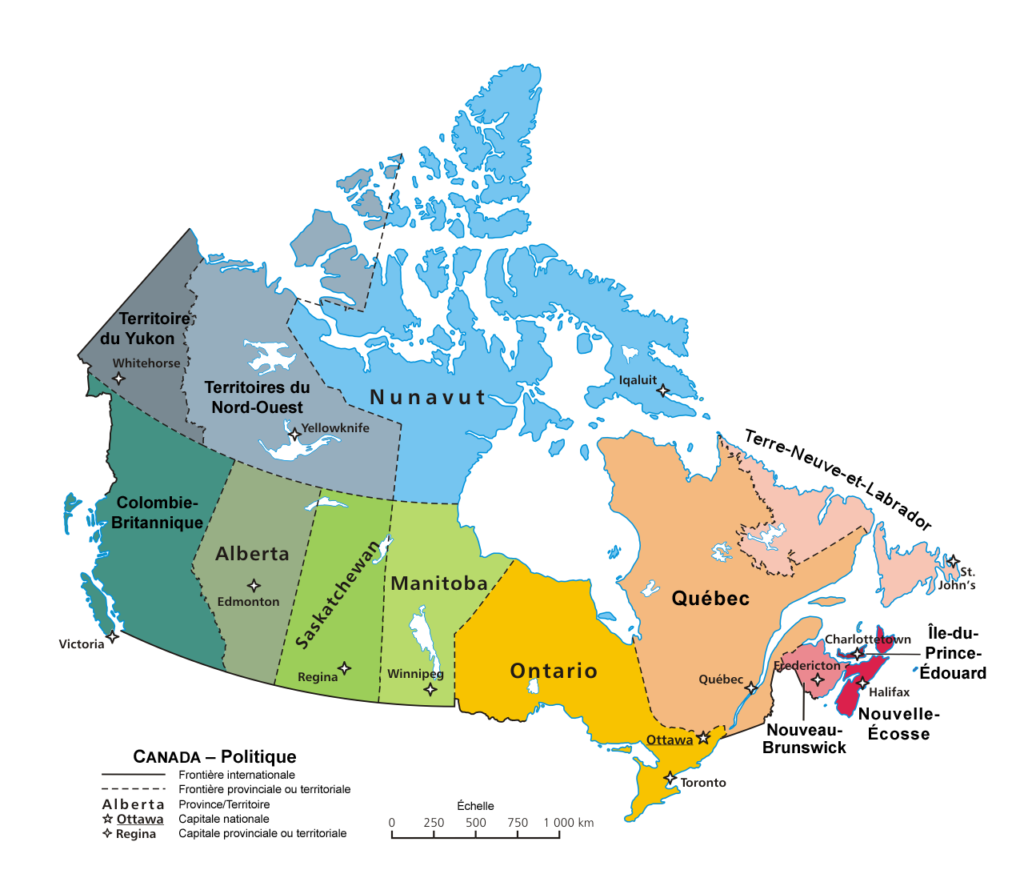By MIRIAM ACZEL Our climate is changing, and more rapidly and drastically that we thought. While geological evidence shows that...
Climate vs. Weather: Asking and Answering Sticky Questions
By MIRIAM ACZEL As a PhD student studying climate change and impacts of fossil fuels on the climate, I’m interested...
What do we produce 2.6 million pounds of, every single second?
By Carole Douglis Hint: While weighty, it’s nearly light as air…. That would be carbon dioxide. A few more million pounds just...
Climate as a Security Issue: A UK Perspective
By SHIRIN HAKIM & MIRIAM ACZEL The relationship between climate change and security has become a point of critical debate between researchers and...
Youth Activism and Climate Change: A European Perspective
By MIRIAM ACZEL Following the recently granted extension, the United Kingdom (U.K.) will soon trigger Article 50, officially “Brexitting” from the...
“L’Affaire du Siècle”: Over 2 Million Supporters of Groundbreaking Climate Lawsuit
By MIRIAM ACZEL Just weeks after the widespread Gilets Jaunes (Yellow Vest) protests swept across France for the better part of...
Climate Change and Canada’s Carbon Tax: A Necessary Step
By BROOKE NEPO The most recent UN Intergovernmental Panel on Climate Change (IPCC) report highlights the future consequences of a warming planet...
Recent Scientific Advancements Show New Connections Between Climate Change and Hurricanes
With Hurricane Florence making landfall in the Carolinas, Super Typhoon Mangkhut headed for the Philippines, and Hurricanes Harvey, Irma and Maria fresh in our minds, many are asking what role climate change is playing in these disasters. Scientists have known for years that global warming can exacerbate storms. But our understanding of the connection between hurricanes and climate change has evolved significantly in just the past year.
Canada and climate change: the transition to a low-carbon economy is a golden opportunity
Justin Trudeau, Canada’s Prime Minister, has received extensive publicity for his active stance on tackling climate change, a marked contrast to his Southern neighbor, President Donald Trump. However, the provinces and territories of this vast country have a range of specific characteristics and conditions that make it difficult to implement climate policies – and a one-size-fits-all Federal policy simply wouldn’t work. At a provincial level, for example, British Columbia is known for its pioneering carbon taxation policy, which has delivered revenue-neutral emissions reductions by putting a direct price on carbon at the point of sale and redistributing the revenue within the province. In contrast, Quebec and Ontario favour cap and trade schemes to drive down greenhouse gas emissions, a policy they have built together with states in the US, such as California, to ensure they are in synch with important trading partners. This diversity of approach in Canada is reflective of the very different economic sectors, cultures, terrains and demographics the country is home to – including the rural versus urban distribution of people across different provinces.
Fossil Fuel Swap: New Study Shows ‘Overlooked’ Benefits of Switching from Coal to Gas
A recent report published in Nature Energy by researchers at two UK institutions, the University of Sheffield and Imperial College London, considers the “enabling conditions in Great Britain and the potential for rapid fuel switching in other coal-reliant countries.” The report found that the United Kingdom’s overall carbon emissions dropped by 6% in 2016, thanks to “cleaner electricity production.” Importantly, the report found that the reduction was not due to an increase in lower-carbon nuclear or renewable energy sources, but rather, the underestimated benefits of switching from coal to natural gas energy generation. If a fuel switch can be encouraged to make better use of existing gas infrastructure, the fuel switch may be able to scale up quickly and produce significant near-term emission reductions.


